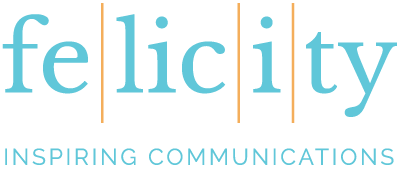
What’s YOUR tendency?
How do you respond to expectations, from others, or from within?
Are you able to meet commitments you make to friends or colleagues, but have a tough time keeping commitments or achieving goals when you’ve set them for yourself?
Or, does the thought of meeting anyone’s expectations, including your own, send you running for the hills?
Understanding the “why” behind the “how” you respond to expectations can lead to greater happiness, health, productivity and success. It can also help you have more compassion for yourself, and for others. This is the fascinating subject of author Gretchen Rubin’s new book, The Four Tendencies.
My first exposure to Rubin was when I read her landmark book, The Happiness Project, in which she undertakes a (sometimes hilarious) journey to discover the factors that contribute to happiness. So when I learned she would be in Toronto to speak about her latest book, The Four Tendencies, I jumped at the chance to hear her in person.
Before we go any further, it will be helpful to learn a bit about each of the Tendencies:

If you’re curious to learn your own Tendency, you can take the short quiz on Rubin’s website here.
Putting the tendencies to work
It’s important to understand the tendencies of those closest to you, say on your leadership team or in a relationship, to be able to complement one another and play to each other’s strengths.
Some people don’t like the idea of labelling or categorizing, but having a bit of a behavioural shorthand vocabulary like this can be extremely useful because it enables us to set up our roles in our lives, including our workplaces and families, in such a way that best suits our tendencies.
For example, making to-do lists would work like a charm for an Upholder, but for a Rebel, the minute they’d write something down, they would of course “rebel” and wouldn’t do it!.
Rubin offers some useful habit-forming strategies to for each Tendency here. For instance, an Obliger who wants to get in shape may find the outer accountability of a workout buddy or personal trainer will make a huge difference.
According to the quiz (and, just ask anyone around me!) I am an Upholder, which means that I seek to meet both outer and inner expectations. After reading her books and learning more about the Four Tendencies, I find I am able to apply this lens to myself and those around me to increase the effectiveness of my communication. It’s helping me nurture my nature, and this is the foundation for a happier life.
I’m curious, which Tendency are you?
